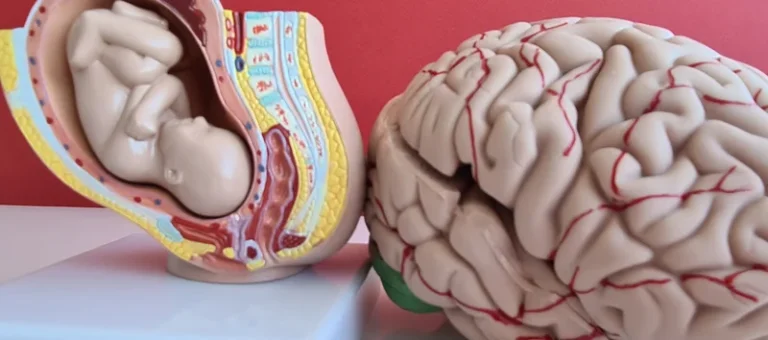Cognitive Dissonance In Psychology: Definition and Examples
December 20, 2023
Your behavior contradicts not just the beliefs you have about the world, but also the beliefs that you have about yourself. However, participants who were only paid $1 had more trouble justifying their actions to themselves—they didn’t want to admit to themselves that they told a lie over such a small amount of money. Consequently, participants in this group ended up reducing the dissonance they felt another way—by reporting that the study had indeed been interesting. In other words, it appears that participants reduced the dissonance they felt by deciding that they hadn’t lied when they said the study was enjoyable and that they really had liked the study.
Discover content
According to Festinger, cognitive dissonance occurs when people’s thoughts and feelings are inconsistent with their behavior, which results in an uncomfortable, disharmonious feeling. One of the features that distinguished cognitive cognitive dissonance addiction dissonance theory from other consistency theories was the concept of dissonance magnitude. The magnitude of dissonance depends on the number and importance of cognitions that the person experiences a consonance or dissonance with.

Acquire new information that outweighs the dissonant beliefs.
- If you took the job you would miss your loved ones; if you turned the job down, you would pine for the beautiful streams, mountains, and valleys.
- Later research documented that only conflicting cognitions that threaten individuals’ positive self-image cause dissonance (Greenwald & Ronis, 1978).
- This concept of out-group dementalisation can also be seen in our reduced attributions of mind to pest species compared with other animals [32].
- Other groups use audible prayers, chanting, speaking in tongues, davening (rocking backward and forward) or meditation to induce altered states in which people are less capable of analytical thinking or evaluation.
- If a person’s motivation and ability to think are very high, however, then expertise should not affect attitudes or compliance since they will be based primarily on a careful evaluation of the issue-relevant arguments presented.
In others words, people sometimes cope with feelings of dissonance by surrounding themselves in “echo chambers” where their opinions are supported and validated by others. At the determined place and time, the cult assembled to await their rescue. They committed to a belief in the prophecy but new information, the aliens not coming, caused them to question their commitment. If John keeps thinking about how miserable he is, it is going to be a very long four years. As an alternative to this misery, John can change his beliefs or attitudes.

Social Psychology, Theories of

Cognitive dissonance occurs frequently and to all of us (Harmon-Jones, 2019). Cognitive dissonance leads to the motivation to reduce the dissonance (Festinger, 1957). The stronger the discrepancy between thoughts, the greater the motivation to reduce it (Festinger, 1957).

Just as theories describe how familiar others are liked, perhaps because easily understood, other theories emphasize dislike of dissimilar others, as in theories of stigma offered separately by Goffman, Jones, and Katz. Category-based theories of impression formation (Sect. 3.1) describe how negative out-group categories stimulate negative understanding. Mere knowledge of the stereotypes about one’s group creates stereotype threat (Steele), undermining the performance of distracted, frustrated, targets of stereotyping. Focusing on understanding via deliberate control, far from gestalt perspectives, two subjective expected utility models predict attitude–behavior relations.
1 Dissociation as a mean to prevent and reduce cognitive dissonance
The psychology of mental stress

- Research has shown that when an individual engages in behaviors that are inconsistent with their attitude or belief (e.g., arguing a counter-attitudinal position on a topic), a change in attitude is produced that is consistent in the direction of his or her behavior.
- For example, when making a difficult decision, individuals show attitude change that justifies the decision.
- When the therapist is perceived as an expert, this reduces the client’s ability to discredit the advice given and enhances the likelihood of attitude change in direction of the therapist’s message.
- However, Festinger believed that all people are motivated to avoid or resolve cognitive dissonance due to the discomfort it causes.
- If they feel normal emotions, for instance, sexual attraction, they are made to feel evil and sinful, or led to believe that Satan is tempting them.
- Life is filled with decisions, and decisions (as a general rule) arouse dissonance.
- Cult membership is designed to keep people permanently frustrated and dependent.



